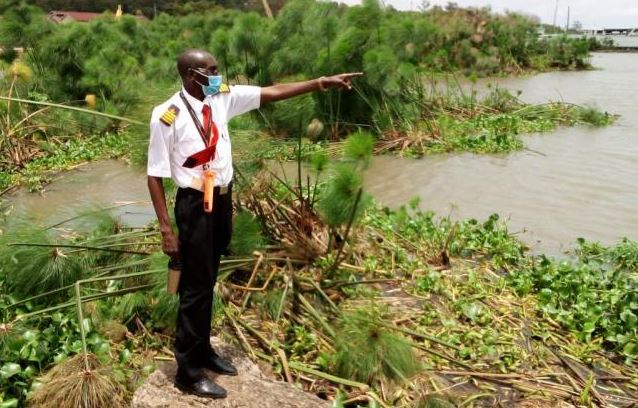×
The Standard e-Paper
Stay Informed, Even Offline

Hippo grass has once again overgrown and covered large swathes of Lake Victoria making it cumbersome for some of the small vessels and boats to navigate the waters.